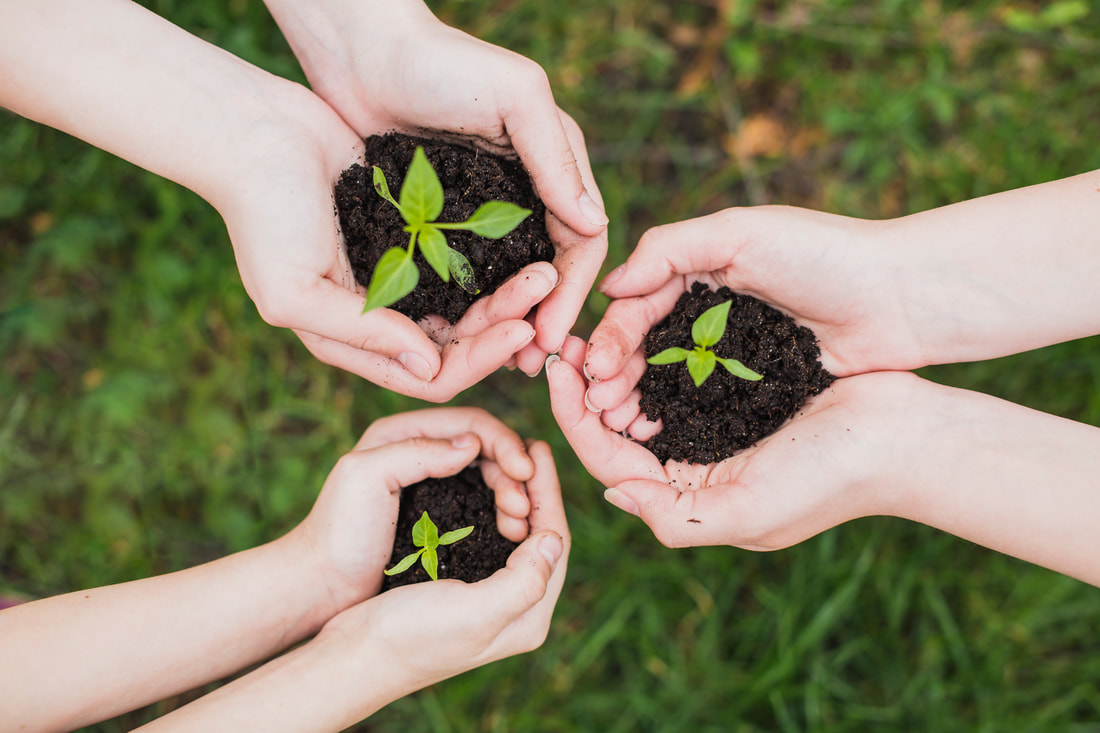|
By Akin Aguda and By Shanee Halevi Taking an environmental stand at NJIT is not hard; Here are little steps you can take to become friendlier! One of the easiest approaches to leading a life that directly benefits the environment involves taking action to minimize waste and reduce our contributions to land and water pollution. On campus, there are a few things we can do to be more sustainable. A good start is to know, understand and follow the hierarchy of sustainability: Reduce, Reuse, and Recycle, commonly referred to as the 3Rs. In its most basic interpretation, Reducing refers to cutting back on the amount of trash we make. This often involves being conscious of our decisions when purchasing and consuming products. Reusing involves finding ways to reutilize waste and left-over products so that they are not sent to landfills, and recycling involves making sure that used items that can be processed and turned into new products are being sent to the right places: recycling facilities. Ranked in order of importance, the 3Rs can apply to almost all decisions we make as consumers. The types of bags we use for our groceries, for example, will influence whether we contribute to recycling or trash bins (depending on how clean the bags are), or whether the bags will be reused for another grocery trip, if a reusable and washable cotton bag is used. Implementing the concept of the 3Rs in our daily living will help conserve resources, save landfill space and reduce energy use. To pursue this ideal, there are a couple of things we can do. First, as previously suggested, it is helpful to be conscious of the products we consume and what their resulting waste products are. When purchasing, consuming and refusing products, we should also consider which of the waste items are recyclable, compostable, and what should be sent to a landfill. Products that come in disposable packages should generally be frowned upon as many single-use items like disposable coffee cups, paper plates, and plastic utensils create more waste than simply reusing a mug, washable plate, set of cutleries, or even a reusable straw. To minimize waste from disposable products, some things that can be done on the NJIT campus include taking advantage of the C-store’s program where coffee is sold at a discounted rate when a buyer arrives with their own mug or thermos. Doing this will keep disposable coffee cups—which are often not recyclable due to plastic coatings—out of landfills. In general, it is advisable to always seek reusable products, and when possible, a personal water bottle, set of straws and cutlery will go a long way in reducing one’s carbon footprint. NJIT organizations and departments will often hand out reusable bottles at orientations and tabling events. Collecting and using these bottles will, in the long run, prove beneficial to the environment. Around campus, water filling stations are available for students who choose this option. NJIT student clubs and organizations interested in reducing the waste and land-fill materials that result from their events can do so by adopting a low-waste mindset and making sure that materials eligible for recycling are properly cleaned and placed for recycling. Even better, choosing to use compostable dining-ware during events will result in reduced environmental impact. Every decision we make in favor of the environment adds up, no matter how small. Though these actions may seem insignificant on their own, it is paramount to perform them. Just as waste materials add up in stockpiles in landfills, the savings accrued by living sustainably and reducing waste over time will be sure as well to add up. In summation, we must consider everything we can do to reduce waste and landfill items. This is beneficial to us not only as users of the natural environment, but as students in need of creative ways to conserve money and resources. This article was first published on the print edition of the college newspaper, The Vector.
0 Comments
Leave a Reply. |
Details
WE WRITE FOR YOUNJIT Green is dedicated to keeping you informed on best sustainable practices on campus. ArchivesCategories |


 RSS Feed
RSS Feed